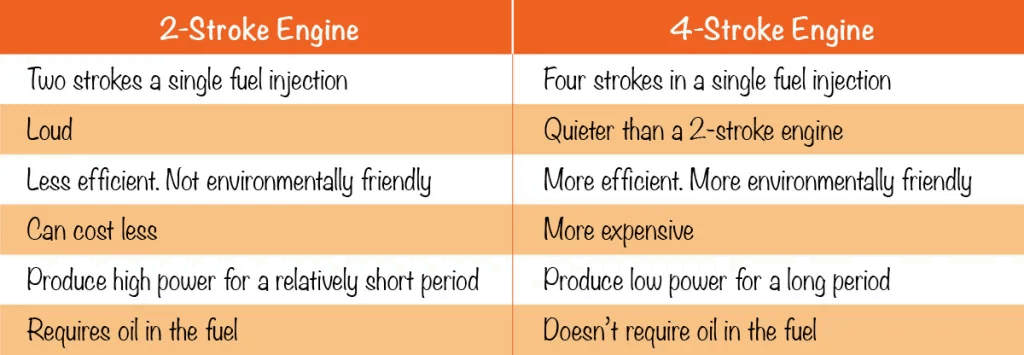10 Common Car Questions You’re Afraid to Ask

Have you ever had a question about your car that you’ve been too afraid to ask? Chances are, you’re not the only one who’s confused. Wonder no more! This post will answer some of the more common questions people have about their vehicles.
#10 How Often Should I Check My Tire Pressure?
While it’s been suggested that you should check your tire pressure every time you fuel up, that can be unrealistic. A good rule of thumb is to check your tires once a month (every 30 days), or anytime there is a drastic change in temperature.
#9 When Should I Change My Transmission Fluid?
The Automatic Transmission Rebuilders Association (ATRA) recommends changing your transmission fluid every 50,000 km, or two years. If you want to know more about transmission fluid and why it’s so important, read about it here.
#8 Why Do Signal Lights Blink Faster Sometimes?
A bulb has burnt out!
When a bulb burns out, the voltage load drops which makes it easier for the circuit to do its job. And just like most things, the easier something is to do, the faster it gets done… Hence a faster blinking signal light.
#7 What’s the Difference between Over and Understeer?
Oversteer is when your car turns more than you intended it too. Understeer is when your car turns less than what you intended it to.
These terms are commonly used among car enthusiasts and sport car drivers. Most times, a professional driver is referring to their vehicle’s response to a particular steering maneuver.
#6 When Should I Replace My Timing Belt?
Manufacturers recommend changing your timing belt every 80,000 to 100,000 kilometers. That being said, there are no obvious signs a timing belt is about to die; it will just break. When that happens, your engine won’t be able to do its job. This is why it’s important to get ahead of the problem.
Your best bet is to consult your vehicle’s owner’s manual. There, you’ll find the manufacturer’s recommendation for when to change the timing belt. If you stay within this time frame, you shouldn’t have any issues.
#5 Can I Switch to Synthetic Oil or a Different Grade?
Consult your vehicle’s owner manual. There, you’ll find which oil grade to use. It’s best to only use that grade.
As far as switching to synthetic oil, it’s usually problem-free! Just be careful… If your vehicle’s older (i.e. 8 or more years) and you’ve been using conventional oil for a long time, synthetic oil may not be a good idea.
Related: Everything You Need to Know About Motor Oil
#4 What Do the Sounds My Brakes Make Mean?
Your brakes are made up of different rotating components and pads that are constantly moving. Over time these components begin to wear down and eventually start vibrating. Typically you’ll hear two types of noise when this happens.
The first is a high-pitched squealing sound. When this happens, it probably means your brake pads are worn out and they need to be replaced. The second noise sounds like metal-on-metal grinding which can mean your brake pads are now damaging your brake rotors. This is more serious and can cause major problems if left unfixed.
The best thing to do is bring your vehicle to a certified technician and have the noise checked out. The technician’s job will be to make sure the brake pads are properly secured and the rotors are undamaged.
#3 How Can I Save Money on Gas?
Download an app!
There are dozens of downloadable smartphone apps that let you know where the cheapest gas is in your area. For example, GasBuddy is a free app that shows you the 10 closest fuel stations near your location and their prices.
It’s also helpful to purchase a loyalty card at a grocery store or major gas provider, so you can earn savings or collect reward points when you spend money. Filling up early or later in the day can sometimes mean cheaper gas. Also, avoid gas stations along the highway as they usually have higher prices.
Also Read: 7 Phone Apps That Will Make Driving Easier
#2 What is the Difference between a Two-Stroke and a Four-Stroke Engine?
A stroke is the maximum amount of movement a piston can make in one direction (top end to bottom end). A two-stroke engine can complete two strokes in a single fuel injection while a four-stroke engine can complete four strokes in a single fuel injection.
There are more distinctions between these two engines than just this, though. Here’s a handy chart that can help you differentiate between the two.

#1 Why Does My Car Hydroplane?
Hydroplaning happens when a tire comes into contact with more water than it can dispell.
Water pressure at the front of the wheels pushes water underneath the tires, creating a barrier between the roadway and the tire. As a result, your car loses traction and you lose both braking and steering control. Hydroplaning becomes more likely as a tire loses its tread.
Also Read: Tire Tread, Hydroplaning and Tire Safety
